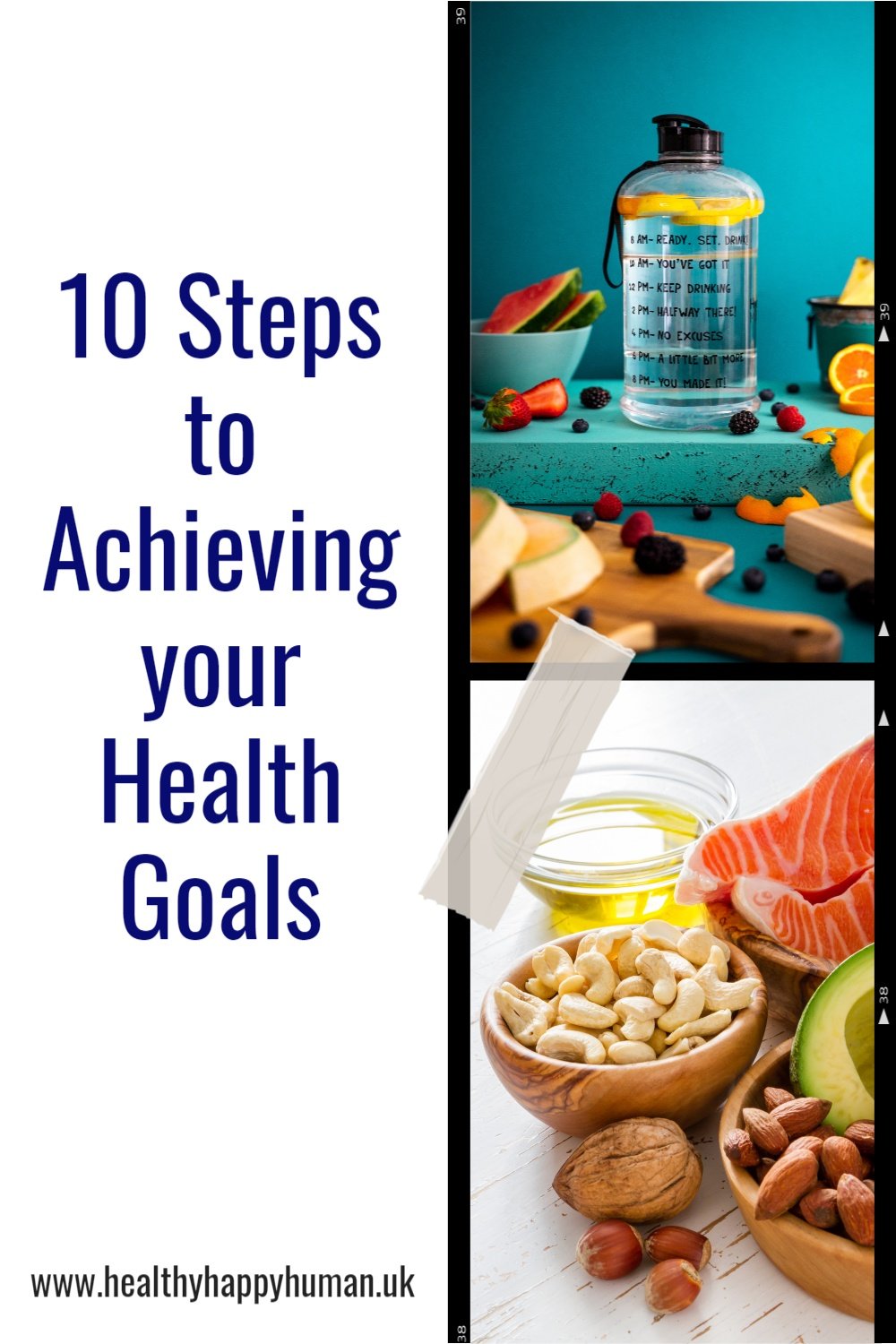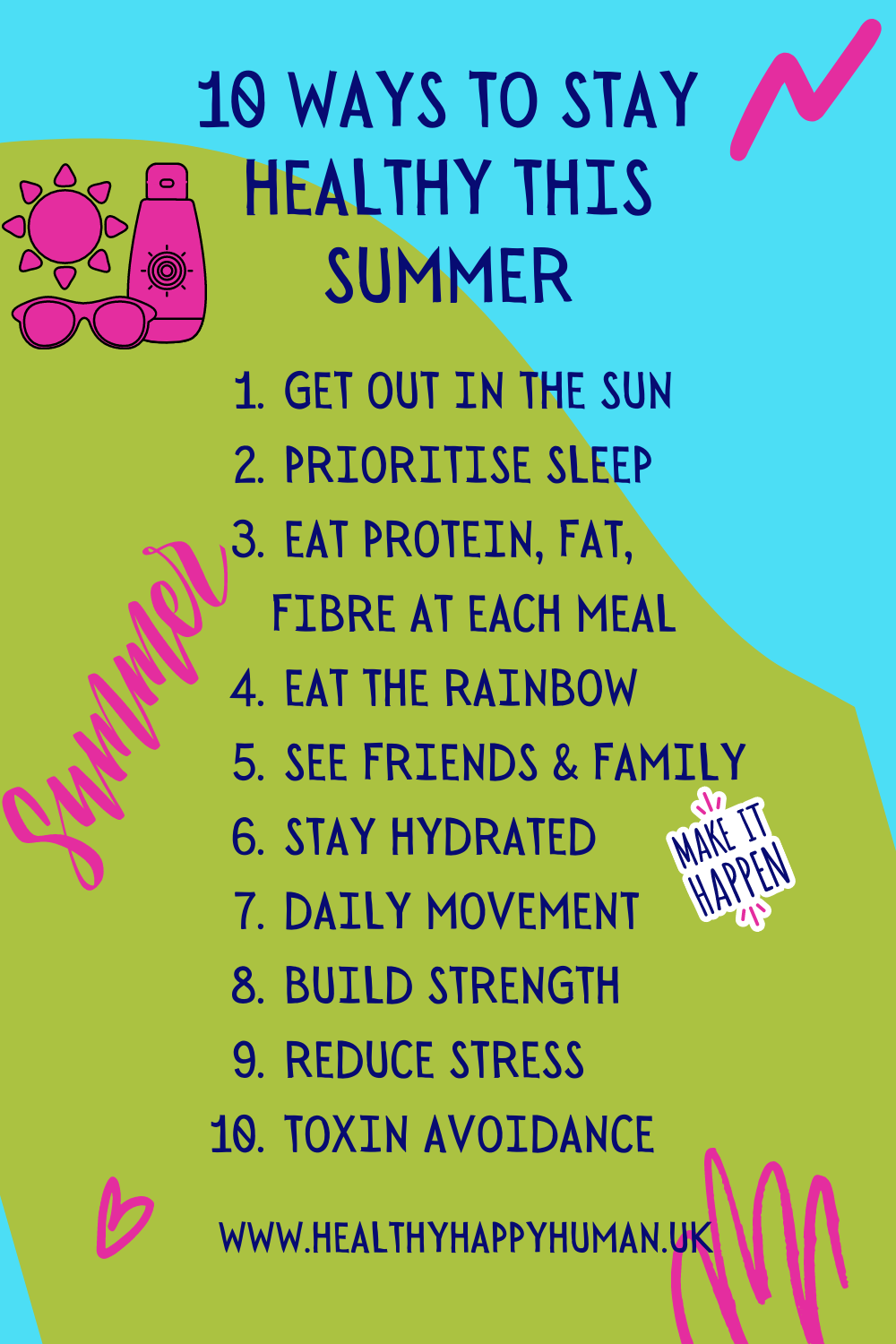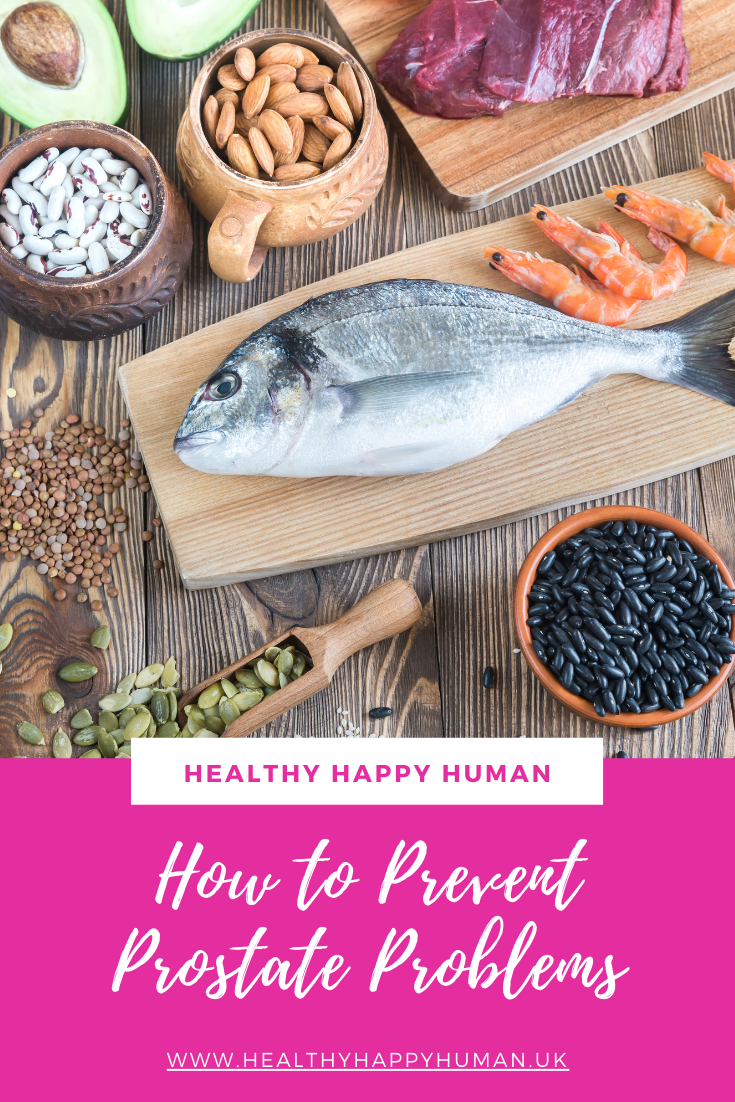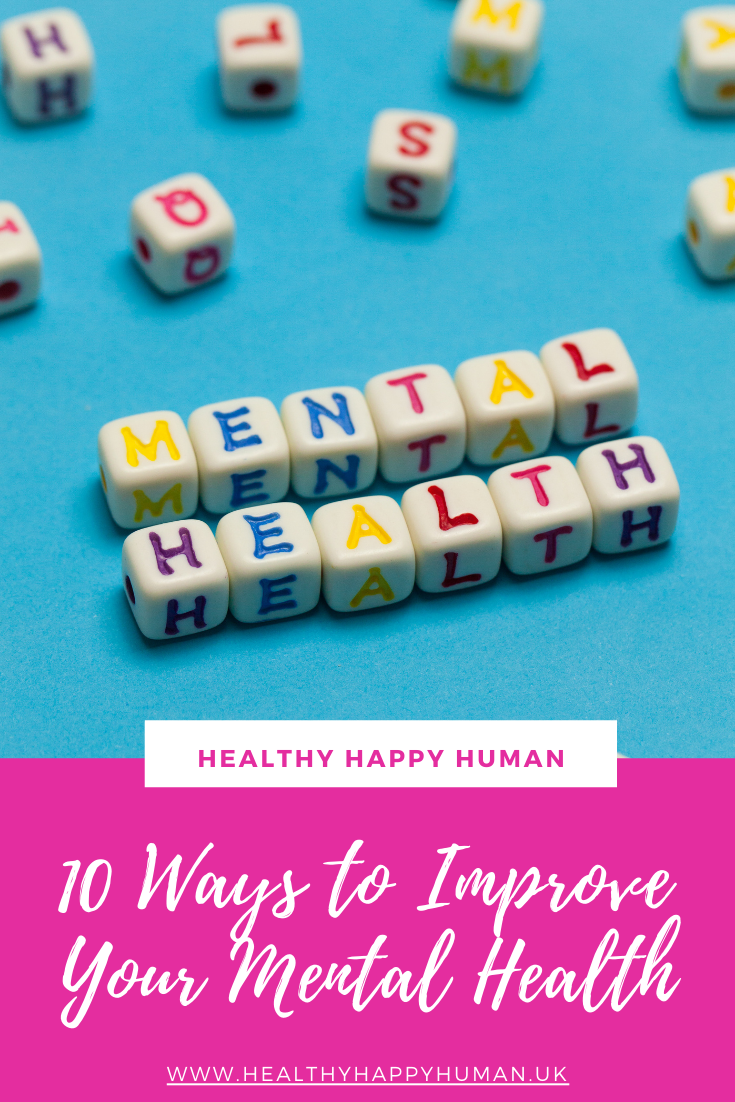It is that time of year when everyone is excited about setting goals for the new year. How can you ensure success with your health goals this year?
First, let’s explore why it is a good idea to set goals in the first place. Steven Kotter, author of “The Art of Impossible”, is a big fan of setting goals and shared a study on lumberjacks in the late 1960s where there was an increase in performance and productivity of up to 25 percent when goals were set. This was as simple as having quotas per week indicating a certain amount of wood for a good week of work and a certain amount of wood for a great week. The lumberjacks who were given these quotas gathered significantly more wood than the lumberjacks who were told to “work smart and fast, but no pressure, do your best” even when there was no reward for meeting the targets.
According to the goal-setting expert, Douglas Vermeeren, about 80% of people never set any goals for themselves and out of the 20% who do, about 70% fail to achieve the goals they have set themselves. Reasons for failure include failing to plan and having too many goals.
Here are my ten steps to help you set clear achievable goals so you can feed proud of yourself in twelve months for achieving your health goals:
Step 1 - get clear on what is important to you so you know why you want to achieve your health goals. Come up with three reasons. Here are some examples:
👪 to have the energy and strength to run around with your children or grandchildren⚽ to perform well in sports
👵 to live a long and healthy life and not be dependent on others as you age
💊 to avoid having to take medications
💩 to resolve some particular health concerns or symptoms
💤 to sleep better each night for great energy and productivity
🏆 to perform well at work
Step 2 - assess all areas of your life with the wheel of life or circle of life tool to understand which areas of your life you may need to focus on as well as health. Which are the three lowest areas for you?
Step 3 - get a large piece of paper and set a timer for 15 - 30 minutes and brainstorm all the things you would like to achieve in 2022 - the circle of life tool will have given you some indications. Include thoughts on how to raise your score on your three lowest categories from that exercise. Try to come up with at least 25 items on your list.
Step 4 - circle just five of these 25 items on your brainstorm - these are the five most important things that you want to achieve in 2022. I learnt about this great exercise from Asana expert, Amy Mitchell. You are actually only going to focus on these 5 and deprioritise the other 20 until you have completed these 5.
Step 5 - set aside 30 minutes, use a timer and spend five minutes visualising each of these five goals and what it will feel like at the end of 2022 when you have achieved each goal. It can be tempting to miss out this step but it really is an important part of setting and achieving goals. One study showed a 35% increase in finger strength for a group of people who did no physical training but visualised their fingers going through precise exercises daily for 15 minutes for a period of time.
Step 6 - break down your goals into a few milestones for the year and into daily, weekly and monthly targets and write these down in a plan. I highly recommend using free tools like Asana or Trello to map these targets out.
Step 7 - decide what your minimum daily or weekly target is - this will help you stay on target with momentum and avoid the “all or nothing” attitude. Having an agreement with yourself that it is ok to do only five minutes of exercise per day (eg 10 press ups) as a minimum can help you stay on track when life gets busy.
Step 8 - set up the right environment to help you stay on track with your goals. This includes hanging out with people who have similar goals to you, reading books or materials that will inspire you on your goals and ensuring you have all the tools or clothes or equipment near to hand that you need to achieve your goals. For example, if you want to start meditating or exercising daily, set up a place in your home with all the necessary things in that area so that you look forward to that activity.
Step 9 - track your progress with your goals regularly, ideally daily, and take time each day to visualise achieving your goal. There are some great apps for tracking goals like coach.me or you can track in a journal or a calendar where you mark an X on each day.
Step 10 - review your goals weekly and reflect on what went well and what didn't go so well and tweak your plans accordingly.
So many of us have intentions to achieve great goals each year but we get distracted with all the exciting ways there are to spend our time. I hope these steps help you set some clear achievable health goals for 2022 and stick with them.
If you would like some support to set some great health goals for 2022, please contact me for a free health coaching session. If you need some more health guidance on what goals to focus on, you can download my free Health Scorecard worksheet. Good luck with your goals this year!


























